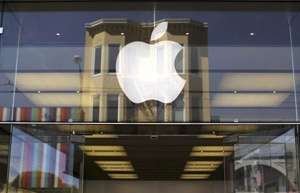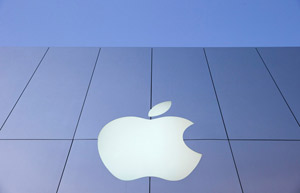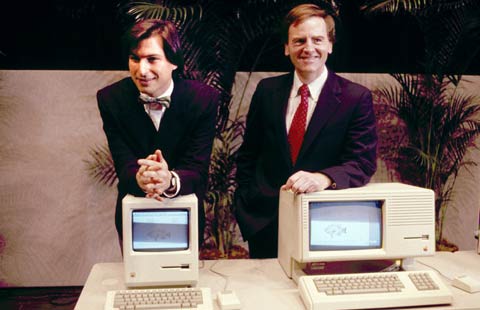Chinese consumers shrug off iPhone extraction risk
(Xinhua) Updated: 2014-07-28 20:38BEIJING - Consumers at the world's largest mobile phone market have shown indifference after Apple acknowledged that personal data can be extracted from iPhones through previously unpublicized techniques.
Their reasons to brush off the potential risks of leaked personal data including text messages, contact lists and photos by using the Apple products range from the ubiquitous imperfection of electronic gadgets to die-hard obsession.
"So the iPhone can extract your data, big deal? The anti-virus software you run on your computer is doing the same," said user Bengkuidepingzi at China's most popular microblogging service website Sina Weibo.
"Do not worry," said another user ChocolateYokoHoo. "Since we are not celebrities or politicians, they would be too busy to extract our trivial data."
Some even suggested half-jokingly that the worst implication would be that iPhone users should not use the device to take the selfie anymore.
In a country where the topic of how will the long-awaited iPhone 6 look like has remained one of the most discussed in the cyberspace, smart appearance and the values a mobile phone is associated with seems prevailing over its safety.
Although no related opinion poll results are immediately available, comments on the news entry at Sina Weibo appear largely optimistic, with occasional criticism of Apple's immorality and the US surveillance addiction.
Apple's sales in China went well over the past months. The company's latest quarterly sales in the country climbed 28 percent compared with the same period a year earlier.
Apple's recent deal with China Mobile, the world's biggest mobile carrier, is expected to lift iPhone sales globally.
On Saturday, the California company opened the 11th store in the Chinese mainland.
Apple CEO Tim Cook said last year the company will open more than 25 stores in China in the future.
 | |
| China sales polish Q2 earnings for Apple |
- China's July money data cast doubts on recovery's durability
- New insurance solution for disaster relief in China
- China to sell fruit and vegetables to Russia
- Indonesian airline steps up services for China travelers
- China's property investment continues to slow
- Anti-dumping duty for Indian optical fibers
- Dreamland for kids opens this week
- China's fixed asset investment rises 17% in July
















